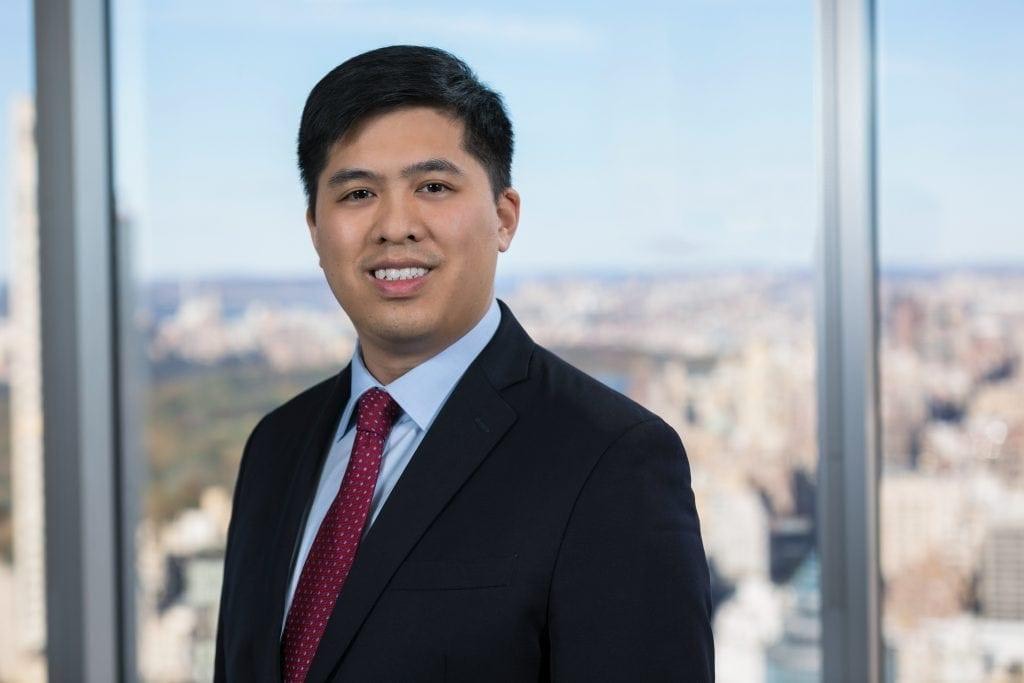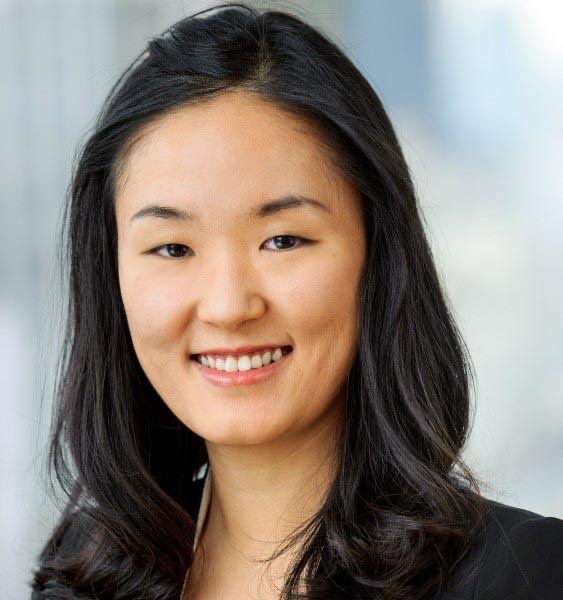This press release has been issued by the Offices of Congresswoman Grace Meng and Senator Mazie Hirono.
For Immediate Release: March 11, 2021
Contacts:
- MENG: Mark Olson, 202-819-5580
- HIRONO: Martha Spieker, 202-365-7943
Legislation comes as Asian Americans and Pacific Islanders experience wave of physical, verbal, and online attacks
WASHINGTON, D.C. – U.S. Rep. Grace Meng (NY-06), First Vice Chair of the Congressional Asian Pacific American Caucus (CAPAC), and U.S. Senator Mazie K. Hirono (D-HI), Executive Board Member of CAPAC, announced their plan to reintroduce the COVID-19 Hate Crimes Act, which seeks to address the ongoing hate and violence targeted toward Asian Americans and Pacific Islanders (AAPIs) by providing greater assistance with law enforcement response to COVID-19 hate crimes and creating a position at the Department of Justice to facilitate expedited review of such cases.
Specifically, the bill would:
- Designate an officer or employee of the Justice Department to facilitate expedited review of COVID-19 hate crimes reported to federal, state, and/or local law enforcement;
- Issue guidance for state and local law enforcement agencies to:
- establish online reporting of hate crimes or incidents, and to have online reporting available in multiple languages;
- expand culturally competent and linguistically appropriate public education campaigns, and collection of data and public reporting of hate crimes; and
- Issue guidance describing best practices to mitigate racially discriminatory language in describing the COVID–19 pandemic, in coordination with the Secretary of Health and Human Services and the COVID–19 Health Equity Task Force and community-based organizations.
“The ongoing anti-Asian hate crimes and incidents, especially against our elderly Asian Americans, is absolutely horrific. I am honored to introduce the COVID-19 Hate Crimes Act with Senator Hirono to address this disgusting pattern of hate,” said Congresswoman Meng. “Before this pandemic started, I urged everyone—including elected officials—to not blame Asian Americans for the virus. My words were not heeded. The former president and his Congressional Republican enablers trafficked racist, bigoted terms to describe COVID-19. In doing so, their language stoked people’s fears and created an atmosphere of intolerance and violence, which persists even today. Since the beginning of the pandemic there has been nearly 3,000 reported incidents of physical, verbal, and online attacks against Asian Americans. Even in my own district in Queens, New York, Asian Americans have been attacked. To combat those acts, we need DOJ to prioritize addressing these heinous acts by designating a point person for these COVID-19 related hate crimes; make it easier for victims to report crimes committed against them; and expand public education campaigns to address COVID-19 hate crimes and incidents. This must end and it is why we are working to ensure our justice system has the people and resources to effectively account for and mitigate anti-Asian hate crimes. I look forward to this bill becoming law.”
“We’ve seen the horrifying consequences of racist language as AAPI communities across our country experience hate crimes and violence related to the pandemic,” said Senator Hirono. “The COVID-19 Hate Crimes Act addresses the surge in violence against AAPI communities by dedicating an official at the Department of Justice to expeditiously review hate crimes reported to law enforcement. The bill also provides resources for communities to come together and fight intolerance and hate. This is no less than victims deserve.”
“We are grateful for Senator Hirono and Representative Meng’s leadership in responding to the increased attacks on Asian Americans during the ongoing COVID-19 pandemic,” said John C. Yang, President and Executive Director of Asian Americans Advancing Justice | AAJC. “We need improvements in the reporting and handling of COVID-19-related hate crimes by law enforcement at the local, state, and federal levels, as well as making systems more accessible for people with limited proficiency in English. We appreciate the emphasis on linguistically appropriate and culturally competent engagement on data collection and reporting. Asian Americans Advancing Justice | AAJC is committed to countering hate in all its forms, and we will to continue to push for a comprehensive approach to documenting and addressing hate crimes and prioritizing health and safety for all.”
“NAPABA applauds Senator Hirono and Congresswoman Meng for their decisive action to introduce legislation responding to the rise in anti-Asian hate incidents during the COVID-19 pandemic,” said. A.B. Cruz, III, president of the National Asian Pacific American Bar Association (NAPABA). “NAPABA is committed to ensuring that hate crimes against the Asian American community are properly investigated and prosecuted. The expedited review of hate crimes reported to federal, state, and local law enforcement by the Department of Justice will increase accountability in addressing hate against our community, and establishing a platform for online reporting of hate crimes and incidents in multiple languages will allow more victims to come forward.”
# # #




